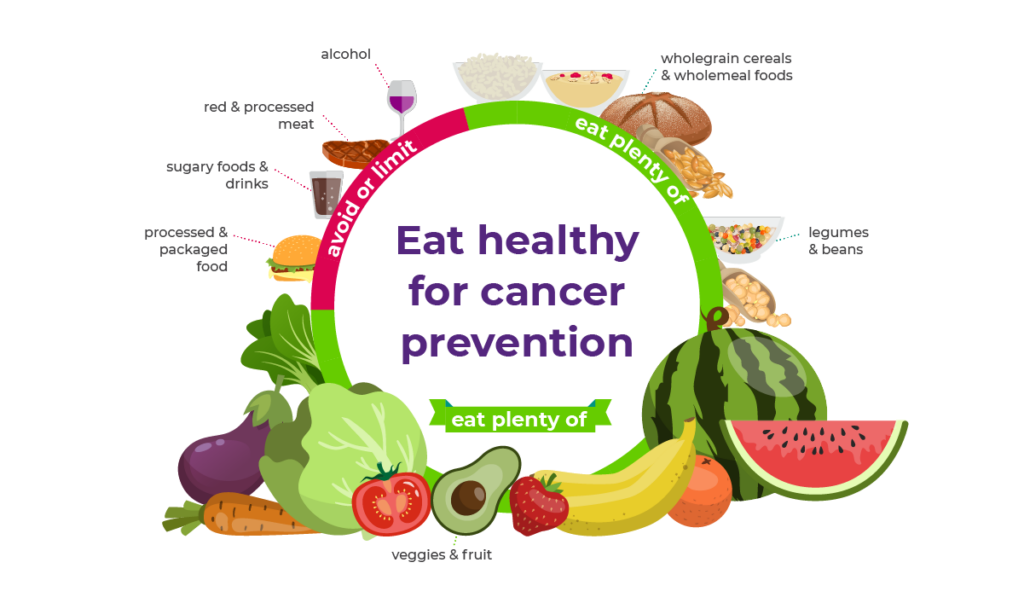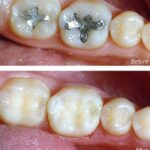Cancer Treatment and Cure
A cancer treatment and cure can be overwhelming, affecting not just your physical health but also your emotional and mental well-being. Living with cancer requires a holistic approach that includes medical treatment, proper nutrition, and mental health support. Coping with cancer is not just about managing the disease—it’s about maintaining hope, resilience, and strength.
This article provides evidence-based guidance on managing daily life with cancer, from building a strong support system to maintaining a nourishing diet and fostering emotional well-being to cancer cure. Whether you or a loved one is living with cancer, these insights will help improve your quality of life and empower you on this journey to a cancer cure.
What are Common Symptoms of Cancer
Recognizing early symptoms of cancer is crucial for timely diagnosis and cancer treatment. Symptoms may vary depending on the type of cancer, but common ones include:
- Fatigue – A persistent feeling of tiredness despite rest.
- Unexplained weight loss – Losing weight without changes in diet or exercise.
- Pain or discomfort – Chronic pain that does not go away.
- Changes in appetite – Experiencing reduced or increased hunger.
- Difficulty swallowing or persistent cough – Especially for cancers affecting the throat or lungs.
- Unusual bleeding or bruising – Indications of blood disorders related to cancer.
- Skin changes – Such as yellowing, darkening, or excessive redness.
Emotional & Psychological Impact of Cancer
A cancer diagnosis doesn’t just affect the body; it profoundly impacts emotional and mental well-being. Common psychological effects include
- Anxiety and depression – Fear of the unknown, worry about cancer treatment, and financial stress can cause emotional distress.
- Fear and uncertainty – Patients often struggle with thoughts about survival, cancer treatment success, and life changes.
- Social withdrawal – The emotional burden of cancer may lead to isolation.
- Sleep disturbances – Stress, anxiety, and physical discomfort can make it difficult to sleep well.
Support System: The Power of Community
Having a strong support system can make a significant difference in coping with cancer treatement. Emotional and social support provide reassurance, guidance, and practical help
Family & Friends: The Pillars of Strength
- Open communication – Expressing emotions and sharing concerns with loved ones can ease emotional distress.
- Accepting help – Allowing family and friends to assist with daily tasks conserves energy for healing.
- Engaging in shared activities – Spending time with loved ones can provide a sense of normalcy.
Support Groups & Online Communities
Connecting with others who share similar experiences can provide emotional relief and practical advice. Reliable resources include
- Cancer Support Community – Offers in-person and online support groups.
- American Cancer Society Support Groups – Provides peer support networks.
Diet & Nutrition: Fueling Your Body for Healing
Proper nutrition plays a critical role in cancer treatment and recovery. Eating a well-balanced diet helps maintain energy levels and reduces treatment side effects.

Source: Cancer Institute NSW
Nutrient-Dense Foods to Include
- Protein-rich foods – Lean meats, eggs, legumes, tofu, and dairy support muscle maintenance.
- Antioxidant-packed fruits and vegetables – Berries, leafy greens, and carrots combat oxidative stress.
- Healthy fats – Nuts, seeds, avocado, and olive oil help with energy balance.
- Whole grains – Brown rice, quinoa, and whole wheat bread provide sustained energy.
- Hydration – Drinking plenty of water helps reduce treatment side effects like dry mouth and fatigue.
Foods to Avoid for Better Health
- Highly processed foods and sugary snacks that weaken the immune system.
Excessive caffeine and alcohol, which can interfere with treatment. - Fried and high-fat foods that may cause inflammation.
- Highly processed foods and sugary snacks that weaken the immune system.
- Excessive caffeine and alcohol, which can interfere with treatment.
- Fried and high-fat foods may cause inflammation.
Here is a video for you: New Research Unveils the Power of Diet in Cancer Treatment. Discover how dietary changes are showing promising results in supporting cancer recovery. A closer look at how food can play a vital role in healing.
For personalized dietary advice, consult a registered dietitian or refer to Mayo Clinic’s Nutrition Guide.
Real-Life Success Stories: Hope and Strength
Surviving Against All Odds: Emily’s Story
Emily Whitehead was diagnosed with acute lymphoblastic leukemia (ALL) at the age of five. After standard treatments failed, she became the first pediatric patient to receive CAR T-cell therapy in a clinical trial. Remarkably, Emily has been cancer-free since 2012.
You can read more about her inspiring journey on the Emily Whitehead Foundation’s website.
From Diagnosis to Determination: Robert’s Journey
Rob Tsou was diagnosed with stage 4 colon cancer at the age of 35, shortly after the birth of his son. Despite the challenges, Rob underwent cancer treatment and has been a survivor for over 20 years. His story is detailed in an article by Northside Hospital.
You are not alone in your fight for a cancer cure. Explore more success stories and boost your belief in yourself in your journey to fight against cancer.
Final Thoughts : A Journey of Strength and Hope
Living with cancer is undoubtedly one of life’s greatest challenges, but it is also a journey of immense courage, resilience, and transformation. You are stronger than you think, and each day you fight is a testament to your strength.
Hope is powerful, and so is taking control of your well-being. Whether it’s nourishing your body, seeking emotional support, or engaging in moments of joy, every small step matters. Believe in yourself, embrace every day with courage, and never lose sight of the hope that keeps you moving forward. For more information, consult trusted sources such as the NIH and the Mayo Clinic.
References
Cancer Support Community
American Cancer Society Support Groups
Mayo Clinic Nutrition Guide
Headspace Meditation
American Cancer Society Exercise Guidelines









Leave a Reply